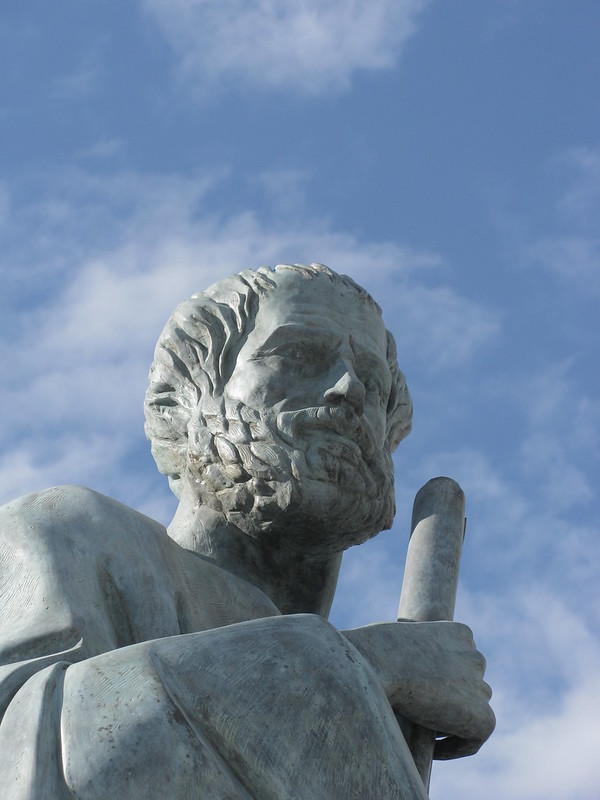Rhetoric, Technology, and the Virtues by Jared S. Colton and Steve Holmes

Future Applications of Hexeis in Networked Societies
Jared Colton and Steve Holmes round out their book with a chapter devoted to future applications of Aristotle's hexeis. Yet, "application" feels strong for a book which decidedly privileges heuristic over practice. Of course, the argument for the relevance of virtue ethics in digital rhetoric is fresh and intellectually sound, and the peripheral review of theorists is a veritable who's who of modern rhetoricians. But this unceasing stream of supplemental frameworks restricts the very applicability of Aristotle's virtue ethics which the work seeks to establish. Throughout the first six chapters, the authors have presented a list of theorists long enough to merit their own highly touted edited collection: Latour, Vallor, Agboka, Losh, Rice, Rickert, Bennett, Zdenek, McFarlane and Snell, Rancière, Banks, Cavarero, Nussbaum, and so forth. Lost in the shuffle is Aristotle's own theory. It's almost as if Rhetoric, Technology, and the Virtues's main takeaway is that classical thought, peppered with enough conveniently curated postmodern theories, can justify—or, at the least, inform—virtually any behavior: virtual or otherwise.
If this criticism sounds harsh, it isn't. Retrofitting an ancient theory unto a future of metastasizing complexity and multimodality is always going to incur contortionism bordering on the vertiginous. It is to the credit of these two heady authors that we are even able to trace a path from the ancient polys to YouTube, #Droughtshaming, and Moby; from a prehistorical society to one sodden in the chimera of digital rhetoric and habit. We can forgive the strategic supplementation of Aristotle's virtue ethics with whatever postmodern theory justifies the application on the basis of the intrepidity of the effort. For the path from ancient Greece to the ALS Ice Bucket challenge is long and fraught with difficulty.
Colton and Holmes are to be commended for beginning that expedition in earnest, and for their unmatched dedication in raising Aristotle from the ashes of postmodernity to new heights of yet unrealized ethical guidance. For the central concerns of ethical and virtuous behavior have, at the end of the day, not changed since the time of the ancients so much as heightened to a stentorian furor of deadening volume. It is only through the theoretical Rubik's Cube of virtue ethics and postmodernism which these authors provide that we are able to hear the figuration through the fray. By beginning the work of resuscitating and retrofitting virtue ethics for the digital age, Rhetoric, Technology, and the Virtues brokers a space for a timely, long-overdue conversation about the exigency of digital media's role in our society to the benefit of scholars and students facing an increasingly complex and intumescent digital world.